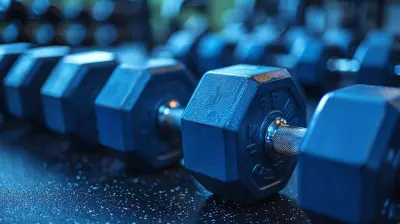The Role of Hydration in Fitness and Recovery
19 September 2025
When you're pushing through a tough workout, chasing a new personal best, or simply trying to stay healthy, there’s one thing that often gets overlooked — hydration. Yep, good ol' H2O. We’re quick to track calories, count reps, and fine-tune macros, but water? Not so much.
But here's the truth: hydration isn’t just important — it’s essential. Whether you’re lifting weights, running marathons, dabbling in yoga, or just walking your dog, staying hydrated can make or break your performance and recovery.
So, grab a glass of water and let’s dig into the underrated powerhouse that is hydration. This isn’t just about drinking when you're thirsty. This is about giving your body the fluid fuel it needs to thrive.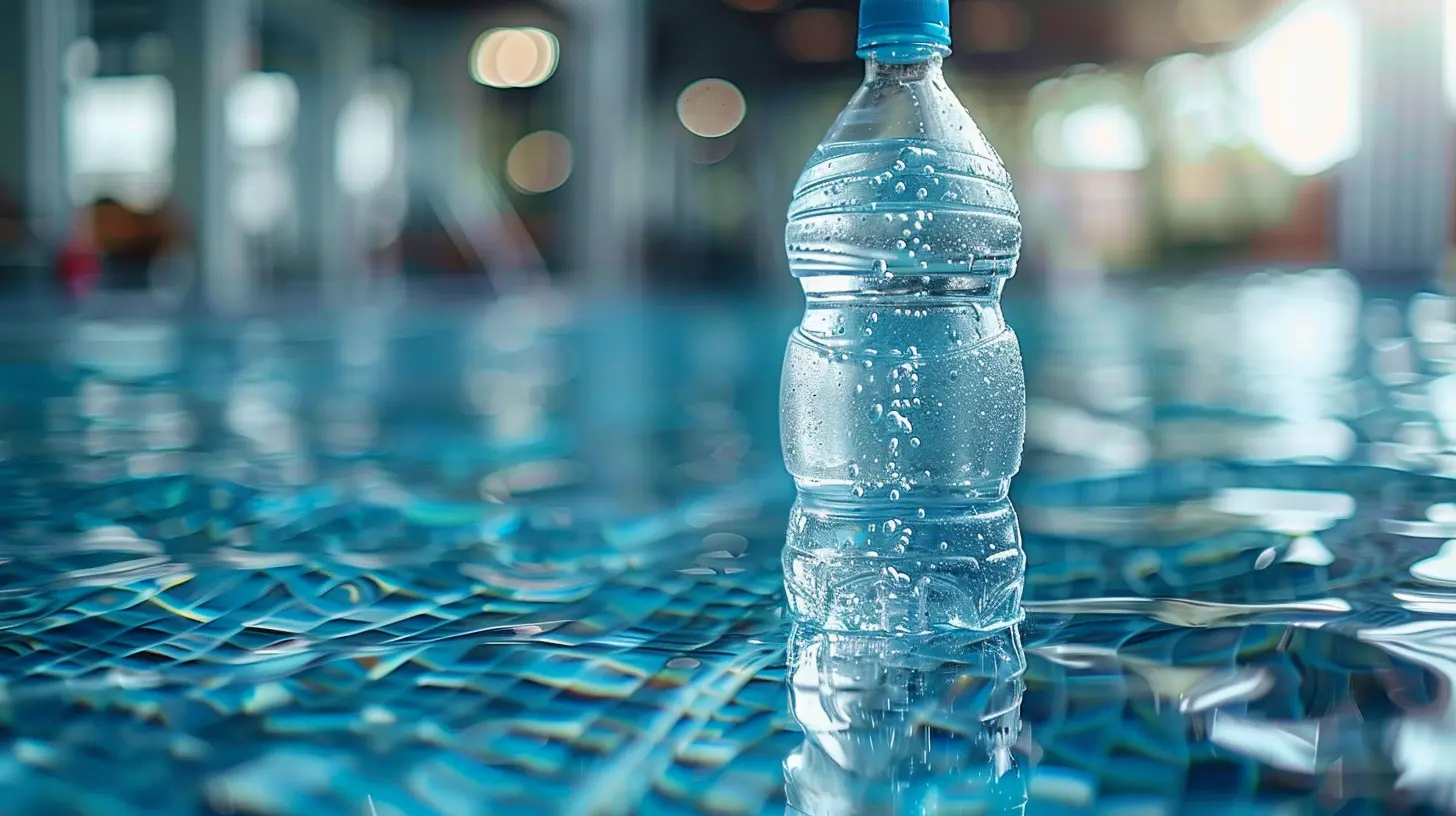
Why Hydration Matters More Than You Think
Think of your body like a high-performance car. Water? That’s the oil keeping the engine running smoothly. It powers your muscles, keeps your brain sharp, and flushes out the junk your body doesn’t need.Around 60% of your body is water. Your muscles? About 75% water. Blood? 90%. Even your bones carry water.
When you train hard or sweat buckets, you lose fluids — fast. And when fluids aren’t replaced, your engine starts malfunctioning. Fatigue kicks in. Cramps sneak up. Concentration dips. Worse? Your body’s ability to recover tanks.
So yeah, hydration isn’t just about quenching thirst. It’s a vital part of fueling performance and kicking recovery into high gear.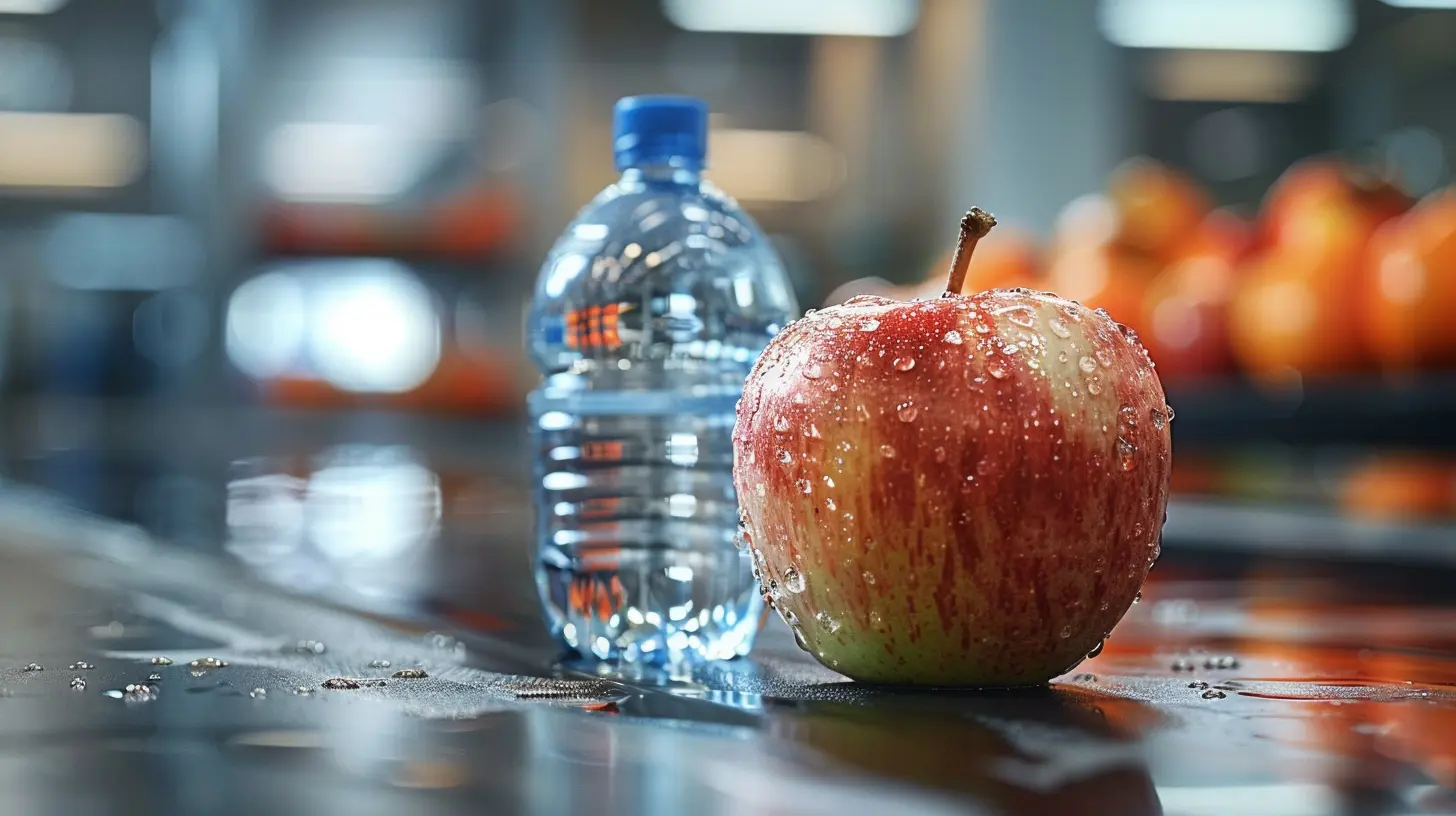
How Dehydration Affects Your Fitness Game
Ever feel like you hit a wall mid-workout? That could be dehydration talking.Let’s break it down:
1. Decreased Performance
Even a 2% drop in body water can start to mess with your coordination, endurance, and strength. Your heart works harder, your muscles fatigue quicker, and you just don’t feel like yourself.2. Poor Temperature Control
Sweating is your body’s built-in AC system. But if you're low on fluids, it's like trying to cool your house with a broken fan. You overheat faster, and workouts become way more exhausting.3. Muscle Cramps and Weakness
Hydration helps muscles contract and relax smoothly. Without enough fluids and electrolytes, your muscles can start to cramp — and trust me, nothing ends a workout quicker than a full-blown charlie horse.4. Mental Fog
Hydration isn't just for your body — your brain needs it too. Dehydration can leave you feeling dizzy, sluggish, and unable to focus. That affects your form, reaction time, and even decision-making during sports.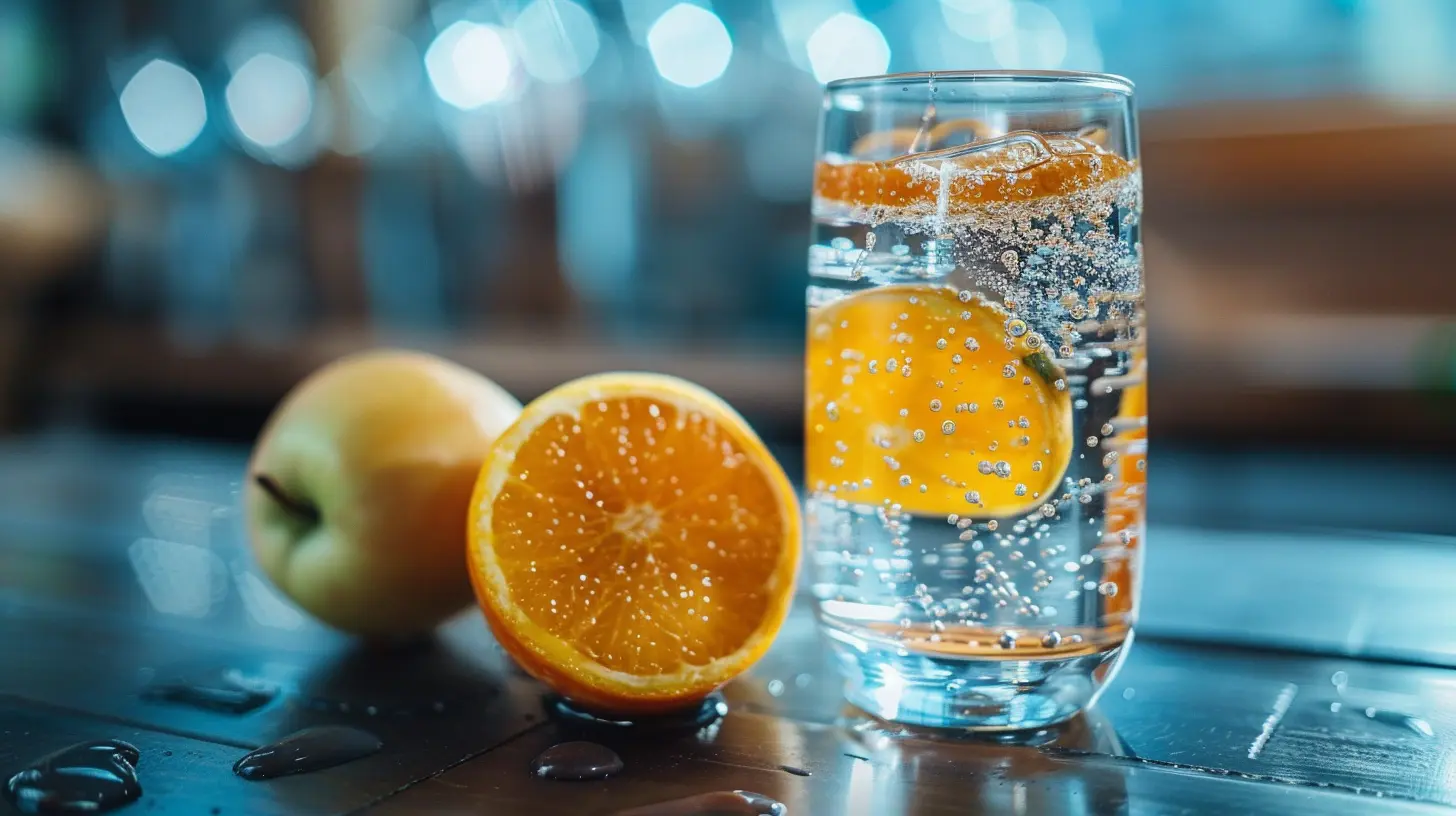
Hydration and Recovery: The Aftermath Matters
Training breaks your body down. Recovery builds it back up — stronger and better. And guess what’s at the center of good recovery? Yep, water again.Here’s how proper hydration speeds up post-workout recovery:
1. Replenishes Lost Fluids
This one’s obvious, but crucial. Sweat out a ton during HIIT or endurance training? You've got to replace it. Skipping water after a workout is like running on a flat tire.2. Reduces Muscle Soreness
Water keeps your joints lubricated and helps flush out lactic acid — the stuff that makes your legs feel like jelly the next day. Hydration won’t erase soreness completely, but it’ll dial it down a notch.3. Boosts Nutrient Transport
Water is the delivery truck of your body. It moves nutrients like protein and carbs to the muscles that need them most. If you're dehydrated, delivery slows, and your gains take a hit.4. Supports Immune Function
Training hard can temporarily weaken your immune system, making good hydration even more important. Water helps your system fight off illness and bounce back faster.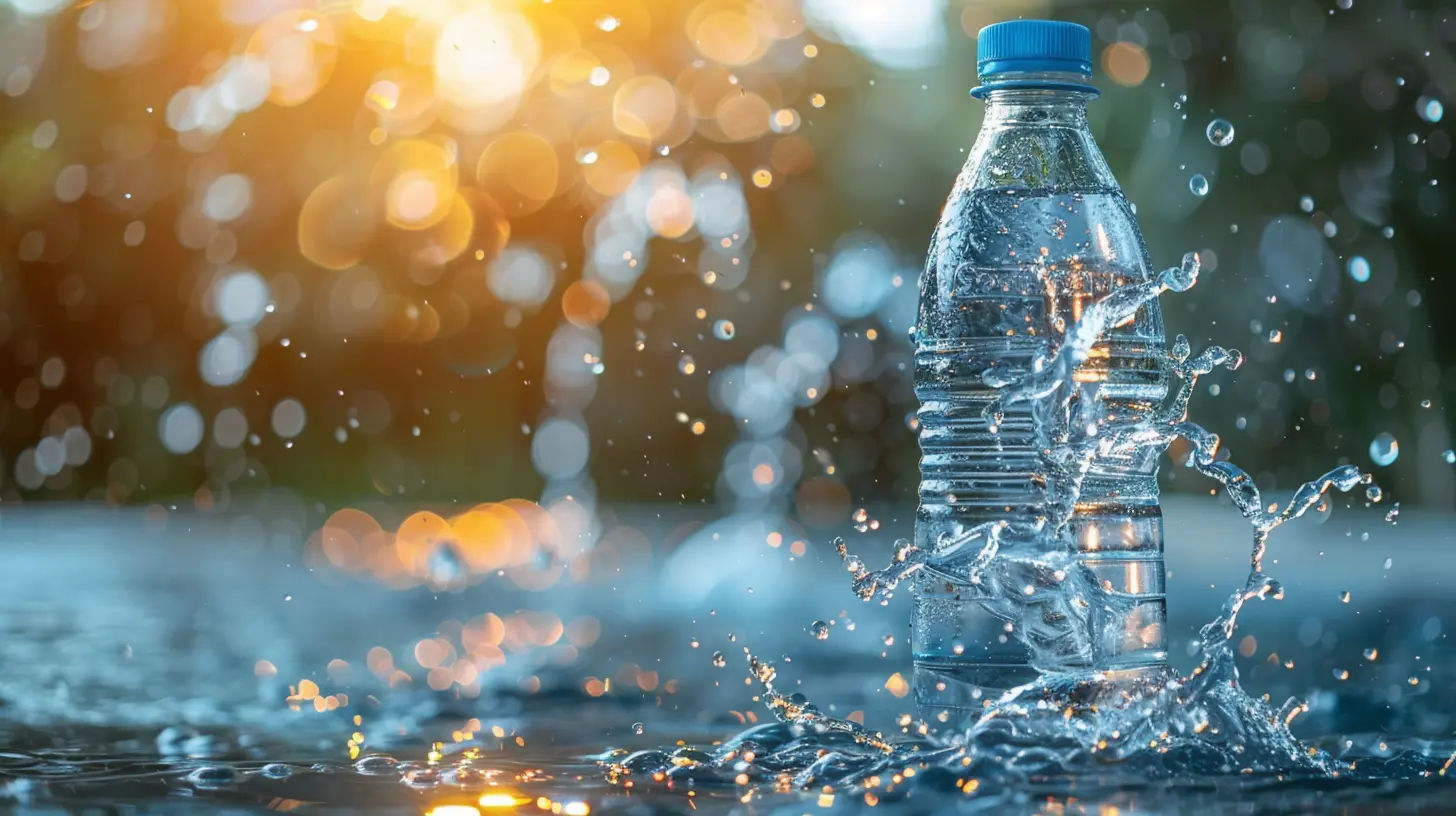
Signs You’re Not Hydrating Enough
You might think, “I’m not that thirsty, I’m good.”But thirst isn’t always the best indicator. By the time you feel thirsty, you're probably already a bit dehydrated. So what should you watch for?
- Dry mouth or lips
- Dark yellow urine
- Fatigue
- Headaches
- Muscle cramps
- Dizziness
- Brain fog
If you're experiencing any of these consistently, your hydration game needs work.
How Much Water Should You Really Drink?
The classic “eight glasses a day” advice is a decent start — but it’s not one-size-fits-all.Here’s a better way to approach it:
Daily Water Intake Tips
- Men: Around 3.7 liters per day (13 cups)- Women: About 2.7 liters per day (9 cups)
- More if you're active, sweating, or in a hot climate
During Exercise
- Pre-Workout: Drink 16–20 oz (approx. 500–600 ml) about 2–3 hours before- During: Sip 7–10 oz every 10–20 minutes
- Post-Workout: For every pound lost during exercise, drink 16–24 oz to rehydrate
Pro tip: Weigh yourself before and after a long workout. The weight you lose? That's mostly fluid.
What About Electrolytes?
Glad you asked. Electrolytes — sodium, potassium, magnesium, and calcium — are key players in hydration. They help your muscles work properly and keep fluids balanced in and out of your cells.If you're sweating a ton or working out for over an hour, water alone might not cut it. This is where sports drinks, coconut water, or electrolyte tabs can come in handy.
Just watch the sugar content in commercial sports drinks. Too much sugar can do more harm than good.
The Best Drinks for Hydration
Water is king, but it’s not the only option. Here’s a quick rundown:| Beverage | Hydration Score | Notes |
|----------|------------------|-------|
| Water | ⭐⭐⭐⭐⭐ | Best for everyday hydration |
| Coconut Water | ⭐⭐⭐⭐ | Natural electrolytes, low sugar |
| Sports Drinks | ⭐⭐⭐ | Good for long workouts, check sugar levels |
| Herbal Tea | ⭐⭐⭐ | Caffeine-free options hydrate well |
| Milk | ⭐⭐ | Surprising but effective — includes electrolytes and protein |
| Coffee & Soda | ⭐ | Mild diuretic effects, not ideal for hydration |
Bottom line: Stick with water most of the time, rotate in other options as needed, and listen to your body.
Hydrating Foods That Help
You don’t have to drink all your water — you can eat it too. Some fruits and veggies pack a major hydration punch.Try adding these to your diet:
- Watermelon (92% water)
- Cucumber (96%)
- Strawberries (91%)
- Oranges (86%)
- Lettuce (95%)
- Celery (95%)
Think of these as bonus hydration — especially helpful if you struggle to drink enough during the day.
Quick Hydration Tips You Can Start Right Now
You don’t need a complete hydration overhaul. Just a few tweaks can make a huge difference.- Start your day with water – Before coffee, grab a glass of water to kickstart your metabolism.
- Keep a water bottle with you – Refill it throughout the day.
- Add flavor – Throw in lemon, mint, cucumber, or berries to make it more fun.
- Drink before you're thirsty – Stay ahead of dehydration.
- Set reminders – Apps or alarms can give you a nudge when you forget.
- Hydrate before, during, and after workouts – Consistency is key.
Final Thoughts: A Small Change, A Big Difference
The role of hydration in fitness and recovery? It's massive. It's the silent MVP of every training session and recovery period. It's the difference between dragging yourself through a workout and powering through with energy and purpose.So, next time you set a fitness goal or plan your next session, don’t just think about weights, reps, or cardio.
Think about water.
Fuel your body right — hydrate regularly — and watch your performance soar and your recovery improve tenfold. It might be the easiest change you ever make for better results.
Let’s raise a bottle (of water) to that.
all images in this post were generated using AI tools
Category:
FitnessAuthor:

Everett Davis
Discussion
rate this article
1 comments
Danica Warner
Hydration is crucial for optimal performance and recovery in fitness. It aids in maintaining energy levels, regulating body temperature, and preventing injuries. Prioritize fluid intake before, during, and after workouts!
September 26, 2025 at 5:07 AM

Everett Davis
Absolutely! Hydration is vital for peak performance and recovery, supporting energy, temperature regulation, and injury prevention. Make it a priority at all stages of your workouts!


